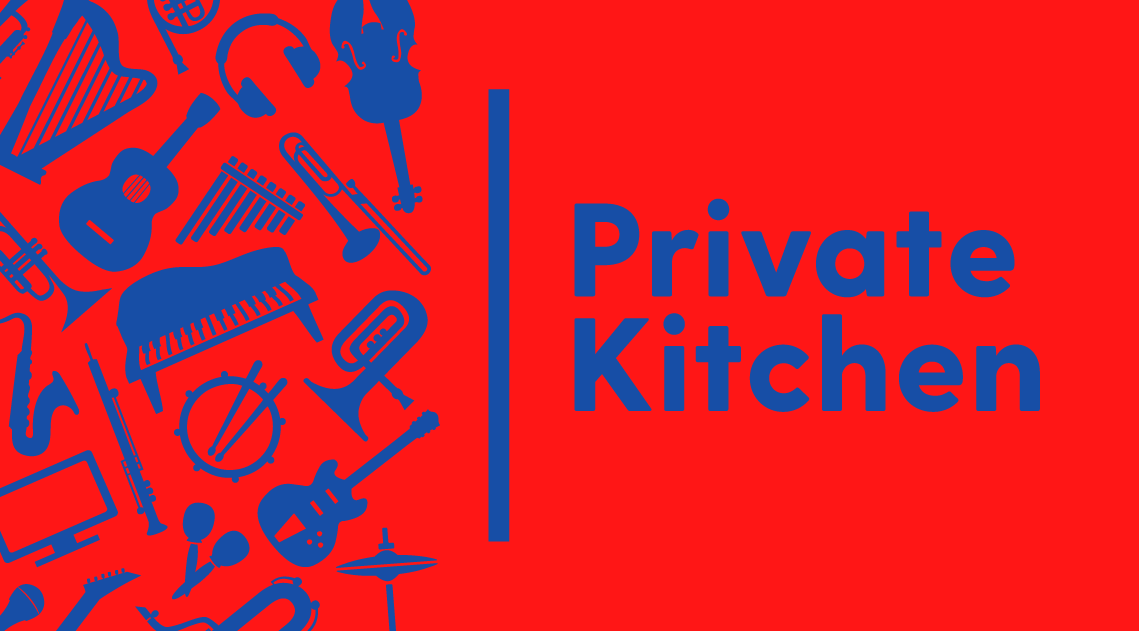The Dutch Neighboring Rights Act
by Erwin Angad-Gaur
In addition to copyright protecting the works of authors (composers, lyricist, etc.) – see “The Dutch auteursrecht law”, ‘neighboring rights’ grant performers and the owner of master rights (the owner of a recording, often a record company, but quite as often the artist him- or herself) rights to the recording of their work. The Dutch Neighboring Rights Act, de Wet op de Naburige Rechten, provides, for example, that no recording of a performer’s work may be exploited without the performer’s permission. Based on their neighboring rights, musicians or actors enter into an agreement with a producer in which their fee is arranged. In addition, the public lending rights and home copying exceptions deriving from copyright also apply to neighboring rights. While copyright is valid till seventy years after the death of the longest living author, the neighboring right to audio recordings is valid until seventy years after the date of first publication, while the neighboring right to audio-visual recordings is valid until fifty years after the date of first publication.
Neighboring rights also include moral rights comparable to moral rights in de Auteurswet, but there are wider possibilities to waive them. Only the right to take action against mutilations and damage to the performer’s reputation remains valid at all times and cannot be signed away.
Collective remuneration for musicians
An important article in the Dutch Neighboring Rights Act is Article 7: once a musician has granted permission for a communication to the public of a ‘phonogram or a reproduction thereof published for commercial purposes’ (for example, a CD has been released with the musician’s permission or a track released with his or her permission on Spotify), he or she no longer has the right to prohibit a broadcast of that recording. Nor can producers themselves negotiate once they have brought a recording into circulation. Nonetheless, the broadcaster that wants to broadcast the recording, or the cafe that wants to play music, must pay them a fair remuneration. To ensure that not every musician or record company has to conduct separate negotiations with every café or broadcaster, these negotiations are conducted by Sena. Sena negotiates with the users of recorded performances and distributes the money: 50 percent to master tape owners (‘producenten’) and 50 percent to performers. As stated Sena can only collect and distribute remunerations for music that has been published for commercial purposes (i.e. not only as part of an audiovisual work). This is not always the case with all multimedia music.
If a performer is also master owner to recordings he or she must register at Sena in both capacities: both as master owner (‘producent’) and as a performer.
Sena cannot collect for on-demand digital exploitation. For on-demand services, the relevant European Directive prescribes individual exploitation. In practice, this means that anyone who wants to start an online on-demand service must come to an agreement with all individual right holders.
Home copying and public lending rights
In addition to the “Sena rights”, NORMA distributes other collective payments (home copying levies, collected by Stichting de Thuiskopie, and public lending rights, collected by Stichting Leenrecht) for performers, for both audio and audiovisual works. STAP does the same for audio producers.
As a multimedia composer (who will usually also be performer on recordings) it is therefore important to register as a member of all said organizations (or a sister organization in another country).
Do you want to know more about the Dutch Author and Neighboring Rights? Have a listen to this podcast.
Erwin Angad-Gaur is writer, composer/lyricist, chairman of Platform Makers and director of VCTN



